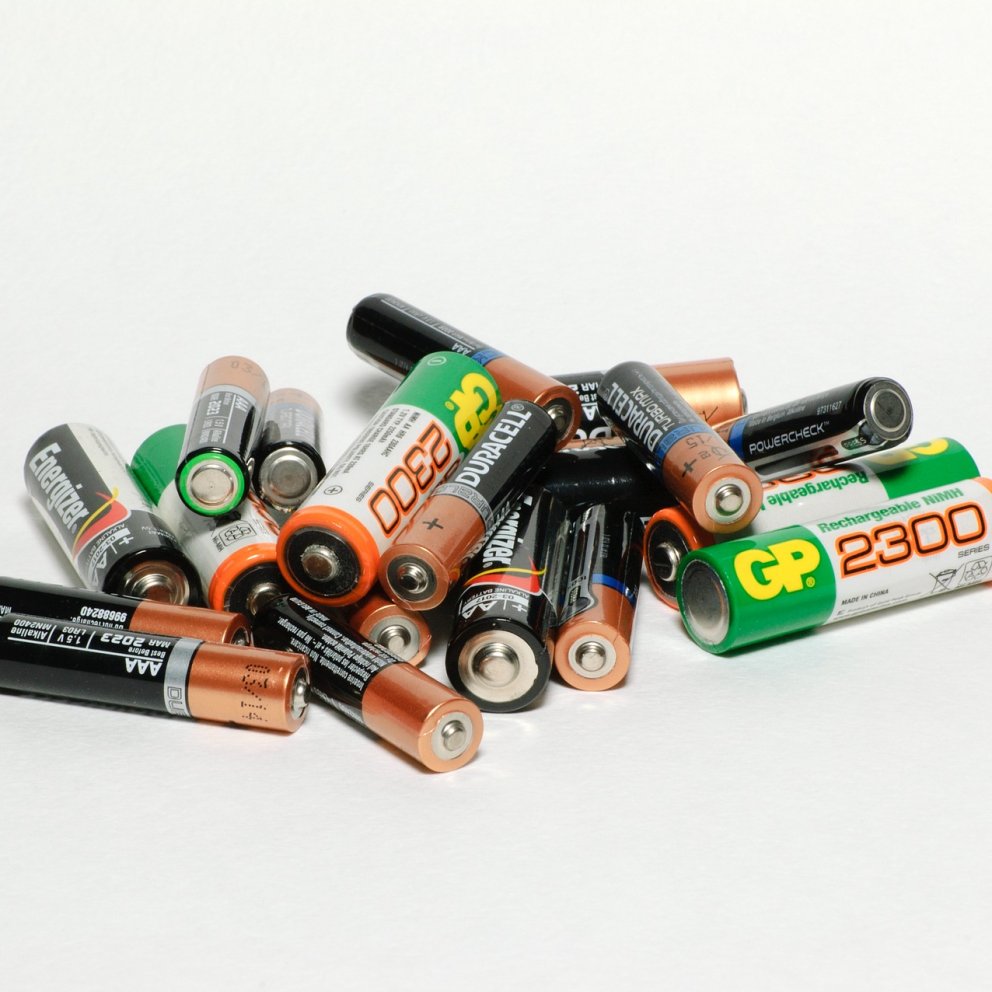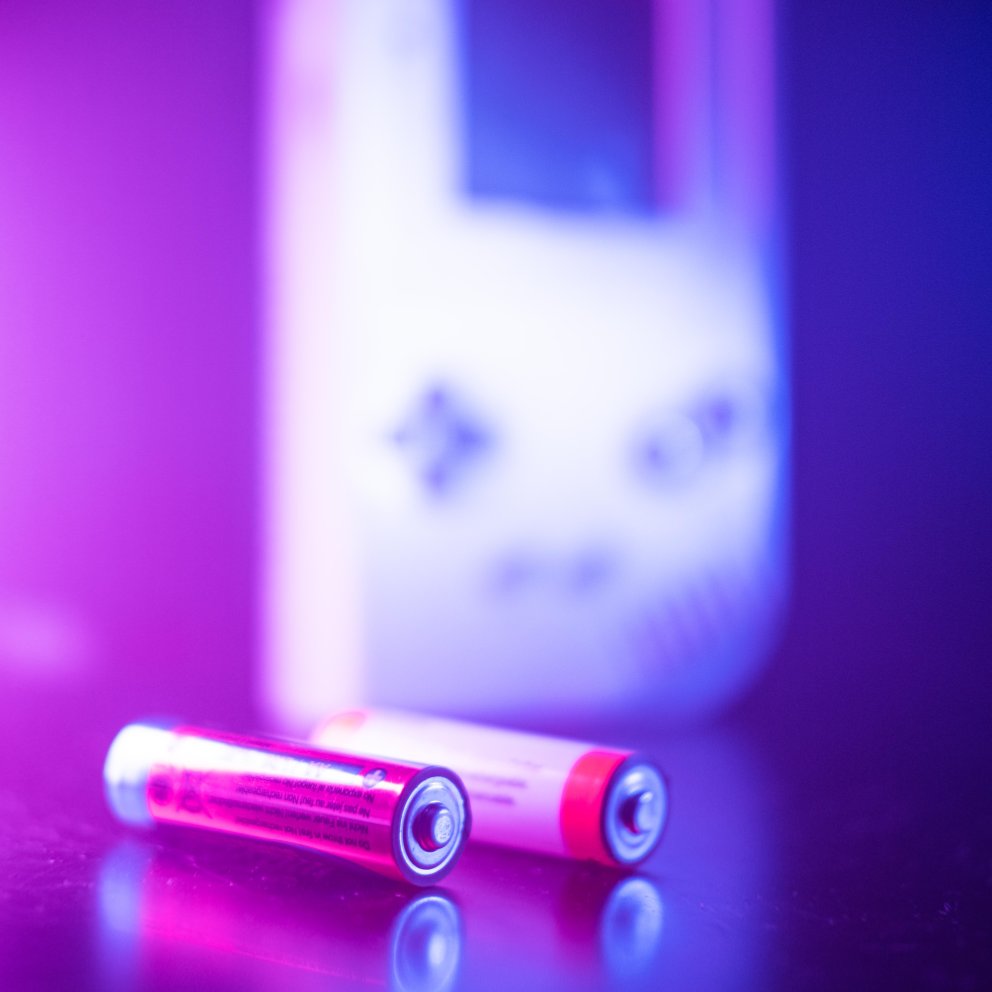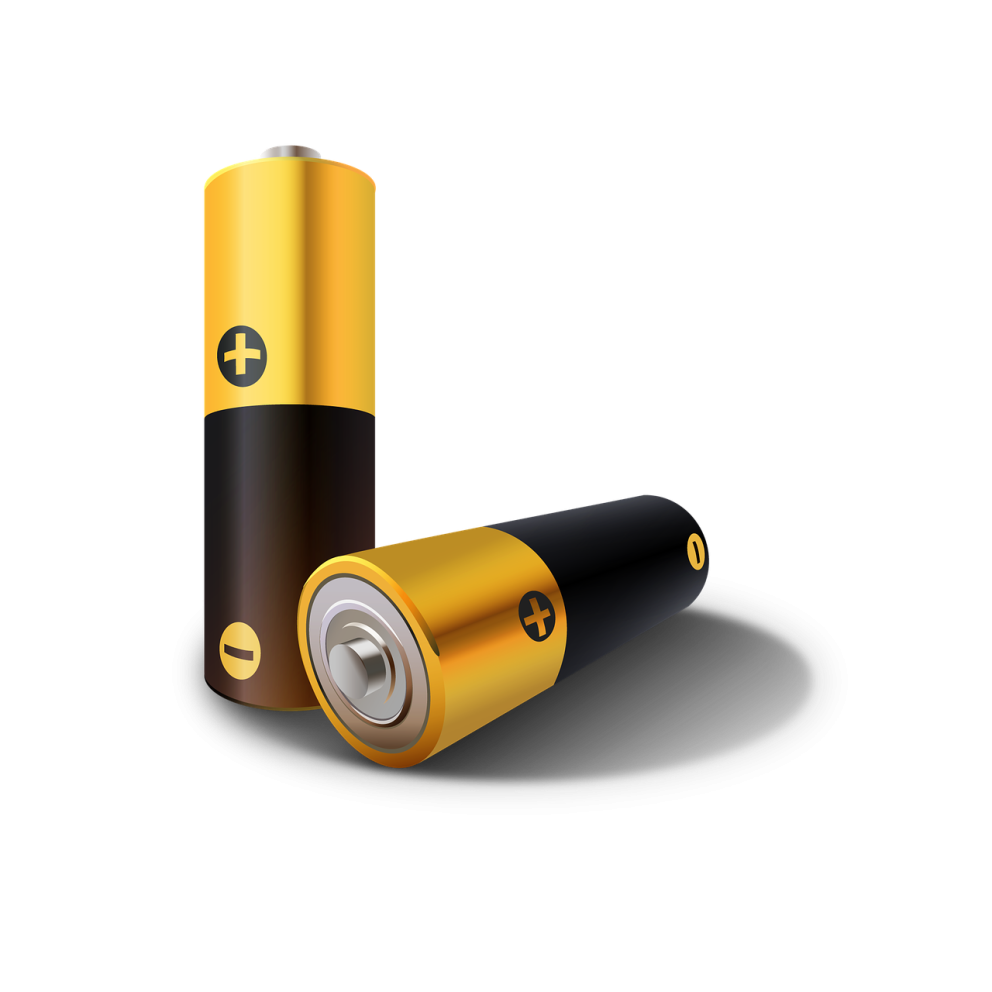
What is the difference between lithium and alkaline batteries?
Batteries are our go-to helpers for everyday activities at home or in the workplace. We use them in remote controls, alarm clocks, toys and computer mice. Using batteries is often safer and more convenient than using devices plugged into the general mains with a cable.
Despite the technological advances of recent years, batteries still play a key role in powering our electronic devices. While alkaline batteries have been a popular choice for years, the rise of lithium batteries has brought significant advances in battery technology.
There is a variety of batteries on the market, which can be divided into two types according to the chemical composition used to produce electricity. Lithium and alkaline batteries are made of different materials and have different construction, which affects their performance in different applications.
Compared to their alkaline counterparts, lithium batteries are more efficient, longer lasting and more environmentally friendly. As a result, many electronic devices now use rechargeable lithium batteries, which not only reduce waste but also save money in the long run.
However, alkaline batteries still have their place in some devices, for example in low-power appliances such as remote controls. Overall, battery technology continues to evolve and provide more reliable and sustainable power sources for our electronic devices.

Alkaline batteries
Alkaline manganese dioxide batteries, commonly known as alkaline batteries, are versatile batteries for everyday electronic devices and last longer than some other types. The usual voltage of an alkaline battery is 1.5 V, and the voltage can be increased by a series of batteries.
Alkaline batteries can be rechargeable. You should be alert if the outer cover of the battery is damaged. In this case, remove the battery.

Lithium batteries
Lithium batteries are lighter than alkaline batteries, so they are an advantage when used with portable devices, especially cordless power tools. A lithium battery can be used as a high performance alternative to a standard alkaline battery. Lithium batteries are disposable and should never be recharged
They are designed to last longer, making them a good choice for high-tech and smart devices and those electronic devices that find battery replacement inconvenient.
They can withstand extremely low temperatures. Lithium batteries can operate without failure in very cold climates, making them ideal batteries for outdoor use.
What is the difference?
- The shelf life of lithium batteries is much longer than that of alkaline batteries.
- Lithium batteries are easy to use. They can be used in very hot or cold conditions where alkaline batteries cannot be used. Therefore, compared to alkaline batteries, lithium batteries can also be used in outdoor activities.
- Lithium batteries are more lightweigh than alkaline batteries. This makes lithium batteries ideal for portable devices.
- Lithium batteries typically provide a voltage of 1.75V or more, while alkaline batteries provide a voltage of 1.5V. Therefore, the performance of lithium batteries is higher. (A lithium battery provides a brighter light beam when used in a flashlight.)
- Alkaline batteries are cheaper than lithium batteries.
Lithium batteries are toxic and alkaline batteries are not.

Batteries can be considered like a small power plant, powered by the chemical processes that take place inside. This core is made up of a cocktail of toxic substances such as mercury, manganese, lithium and others. These substances are hazardous to the environment and our health and, if disposed of in a landfill, could leach into the soil and subsequently into water sources.
Therefore, ALWAYS throw batteries into specialised collection boxes so that they can be properly and professionally disposed of.

EU regulation on batteries and waste batteries: Changes in 2024
The Batteries and Waste Batteries Regulation came into force on 18 February 2024 and brings the following benefits for battery and accumulator producers.
Restriction of substances
It is prohibited to place on the market batteries containing mercury above 0.0005% and cadmium above 0.002%. This restriction also applies to batteries built into appliances, light vehicles and other vehicles.
Other changes that will come into place during 2024
- Manufacturers will have to comply with requirements on recyclability and recycled content of batteries.
- Only batteries with a "battery passport", which contains information on the composition, origin and recycling of the battery, will be allowed to be placed on the market.
- Manufacturers will have to put in place collection and recycling systems for waste batteries.
The Regulation aims to:
- increase the recycling of batteries and reduce their environmental impact,
- promote a circular economy in the battery sector,
- improve transparency and consumer awareness of batteries.
Continue reading

Why is the cheap office paper gone?

Stay hydrated during the hot summer months

